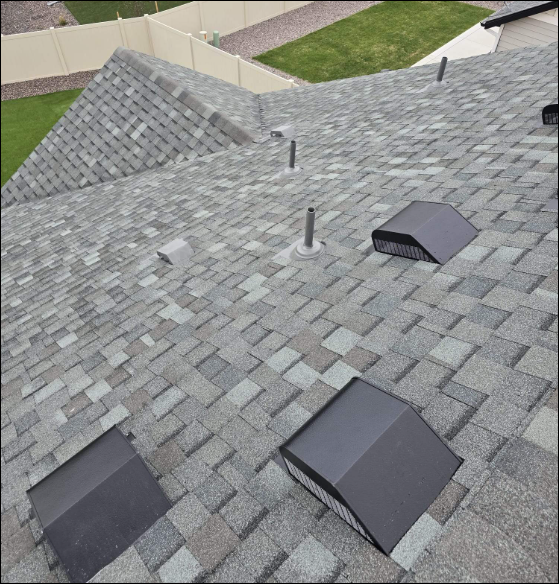When a severe hailstorm strikes, the aftermath often brings more than just physical damage. Opportunistic roofing contractors, commonly known as “storm chasers,” may flood into your neighborhood, seeking quick sales through aggressive tactics. Protecting your property and ensuring you choose a reputable roofing contractor is vital in such situations. Here’s a comprehensive guide to avoid the pitfalls of dealing with storm chasers and safeguarding your investment.
Understanding Storm Chasers and Their Tactics
Storm chasers are contractors who travel to areas affected by severe weather events, such as hailstorms, and use high-pressure sales techniques to secure quick roofing jobs. While not all out-of-town contractors are untrustworthy, many operate without proper licenses or insurance, leaving homeowners vulnerable to subpar work and unfulfilled warranties.
Common tactics employed by storm chasers:
- Door-to-door solicitation immediately after a storm.
- High-pressure sales pitches, emphasizing urgency and fear.
- Promising insurance handling without thorough assessments.
- Asking for immediate signatures on binding contracts.
Understanding these tactics is the first step in protecting yourself from predatory practices.
Steps to Avoid Being Targeted by Storm Chasers
1. Research Before You Commit
Before signing any agreements, take the time to thoroughly research the contractor’s credentials. Verify that they are licensed, insured, and have a strong reputation within the community. Online reviews, Better Business Bureau ratings, and recommendations from trusted neighbors can provide valuable insights.
2. Prioritize Local Expertise
Choosing a local roofing contractor ensures accountability and accessibility for follow-ups. Local companies are more likely to be familiar with regional weather conditions and building codes, ensuring quality and compliance. Trusted Denver roofers, for example, have deep knowledge of the area’s specific roofing needs and challenges.
3. Insist on Comprehensive Inspections
A professional roofing inspection should include detailed documentation of damages with photos or videos. Avoid allowing any contractor on your roof without proper supervision or a clear plan for evaluation. Reputable companies will provide transparent reports and avoid inflating damage claims for insurance purposes.
4. Avoid High-Pressure Sales Tactics
Legitimate contractors understand that property repairs are a significant investment and allow homeowners adequate time to make informed decisions. If a contractor pressures you to sign a contract immediately or refuses to provide detailed answers, consider it a red flag.
Reducing Risk Through Proactive Measures
Conduct Preliminary Checks After a Storm
While you should never climb onto your roof, performing a visual inspection from the ground can help you identify obvious damage, such as missing shingles or visible leaks. Contact a trusted roofing contractor for a no-obligation inspection to assess the situation further.
Verify Contractor Credibility
Before hiring any contractor, verify their credentials:
- Check state licensing boards for active licenses.
- Request proof of liability insurance and worker’s compensation.
- Ask for references from recent projects.
Inquire About Local Presence
Storm chasers often move on to the next affected area, leaving warranties and repairs in question. Choose contractors with an established local office and a history of serving your community, like Tried and True Roofing, a roofing company in Denver that provides reliable and professional services.
Avoiding Common Pitfalls in Roofing Agreements
Don’t Sign Without Reviewing Terms
Never sign a contract without thoroughly reading the terms and understanding your obligations. Ensure that the agreement includes:
- A clear scope of work.
- Itemized costs.
- Warranty details.
- Estimated timelines for completion.
Be Wary of Upfront Payments
Reputable contractors typically request a reasonable deposit but will never demand full payment before starting the work. Paying in full upfront can leave you vulnerable if the contractor fails to deliver.
Collaborate with Your Insurance Provider
A trustworthy contractor will work with your insurance provider to ensure proper documentation and fair coverage. Avoid contractors who promise to “waive” deductibles, as this can lead to insurance fraud complications.
Conclusion
Protecting your home after a storm begins with making informed decisions about who to trust with your roofing needs. By taking your time to research, verifying credentials, and steering clear of high-pressure sales tactics, you can avoid the pitfalls of storm chasers. Remember, the right roofing contractor prioritizes your long-term satisfaction and ensures the job is done right the first time.


